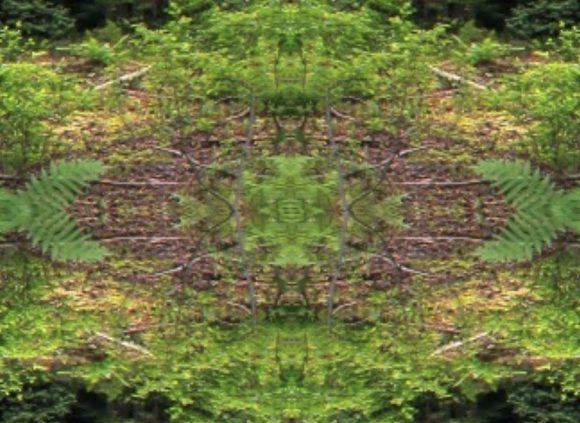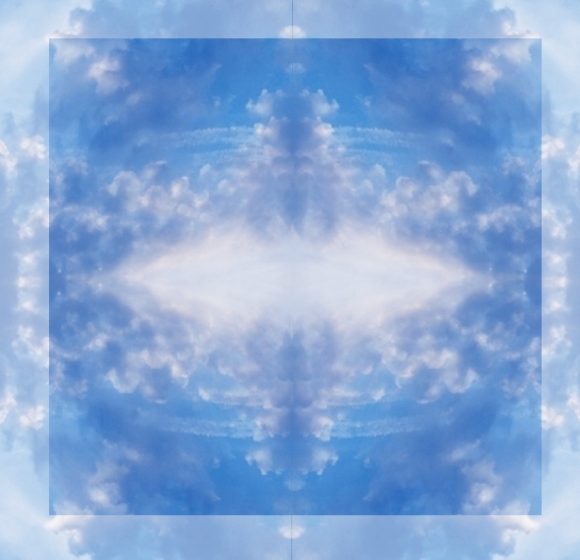I want to expand on the line of thought that ended my previous post, where I noted that the process of soul creation may occur either in the external world (interacting with other people) or in the inner world (as purely meditative or imaginative activity), or indeed as a mixture of both.

Now Jung frequently insists in his writings that the inner world has reality, and that as a person, we have to adapt to those inner realities just as we have to those of the external world.
Stehe ich aber auf dem Standpunkt, daß die Welt außen und innen sei, daß Realität dem Außen wie dem Innen zukomme, so muß ich auch folgerichtigerweise die Störungen und Unzuträglichkeiten, die mir von innen zustoßen, als Symptom einer mangelhaften Anpassung an die Bedingungen der inneren Welt auffassen.
GW VII, §319.
Just as the external world can press me into a role (a social function or a job, for instance) and I adapt by developing a mask (the Persona, in Jungian parlance), archetypal forces in the unconscious can take over my life and press me into certain patterns of perception, emotion, and action — patterns that have less to do with my individual self and more with the particular (unconscious) archetypal dynamic.
And the path of self-development (i.e., towards my individual self), takes the same route with respect to such patterns as it does with adaptations to the external world: we must learn to distinguish between those collective structures in which we fell in order to adapt, on the one hand, and our individuality, on the other. In the case of the external world, we recognized the difference between perceptions, emotions, actions dictated by our social role or job — seeing, feeling, behaving in ways that fit our Persona — and those arising from our individual personality core; whereas in the case of the internal world, we must learn to realize which archetypal patterns have taken over our psychology.
Da nun aber die unbewußten Faktoren ebenso bedingende Tatsachen sind, wie die Größen, die das Leben der Sozietät regulieren [i.e., the external factors which lead us to develop a Persona by adapting to them], und jene ebenso kollektiv wie diese, so kann ich ebensogut lernen, einen Unterschied zu machen zwischen dem, was ich will und dem, was mir vom Unbewußten aufgedrängt wird; wie ich sehen kann, was mein Amt von mir fordert und was ich wünsche.
GW VII, §311.
There is, however, a problem with this line of argument: for developing a Persona is an adaptation, and the effectiveness of that adaptation seems not diminished by the fact that mostly, the character of one’s persona is not reflected: generally, people are not aware of the extent to which social roles determine our perceptions, emotions, and behavior; even where we are, we are generally under the impression that this is our individual choice. (But it’s not: there is nothing individual about filling social roles or behaving according to professional custom; on the contrary, it is an unconscious identification with a collective pattern.) Thus the path to self-development and individuality does not consist in adaptation, i.e. forming a Persona: it consists in bringing about a reflective consciousness of such adaptation.
If an analogous adaptation to the inner world is required, as Jung says:
Nichtanpassung an diese innere Welt ist eine ebenso folgenschwere Unterlassung wie Ignoranz und Unfähigkeit in der äußeren Welt.
GW VII, §326.
then it must be the equivalent of forming a Persona, and would probably take an analogous form of mostly unconscious identification. What Jung describes as step towards self-knowledge and individuality in the quote above (making a difference between what I want and what is forced unto me by unconscious forces) would then be, not adaptation, but already the next step on the path.



